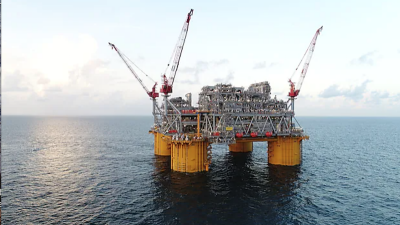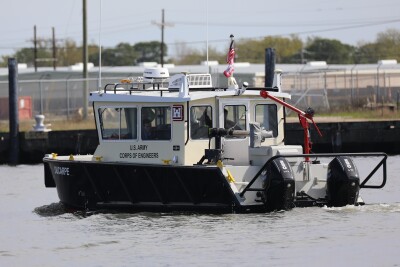The recent U.S. easing of restrictions on Cuba and what it means for shipping was the topic at a recent luncheon in New York hosted by The Society of Maritime Arbitrators (SMA). The meeting, which featured Matthew Thomas, partner at the law firm Blank Rome, occurred just days before the Summit of the Americas, the site of President Obama’s meeting with Cuba’s leader Raul Castro.
Thomas said that the relaxation of sanctions on ships calling at Cuba, and cargo bound to Cuba, is still a work in progress. “It’s been slow going since the president’s announcement that sanctions would be eased,” he said. Currently, shipping to Cuba from the U.S. requires a license. “If you have a sailing out of the U.S. Gulf with cargo … you are exporting that.”
Since 2000, U.S. agricultural exports to Cuba have been permitted, with leading goods being poultry, corn and soybean products. At that time, according to Thomas, Crowley set up a steady liner service, albeit with small volumes, to the island. Dry bulk operator Dan-Gulf and Crimson Shipping, the Mobile, Ala.-based owner/operator of three Jones Act U.S.-flag roll-on/roll-off warehouse and deck barges, were licensed afterwards for handling mainly small shipments of grains, in bulk.
The Cuba story extends throughout the U.S. Gulf. Thomas also pointed to excitement in the Houston area, a big port for project cargo exports, pointing out that “Cuba is desperate for infrastructure.” On this theme, the port of Mariel, “a bet being made on Cuba turning into a transshipment hub,” was also mentioned, with one motivation for development being the obstacles presented by U.S. cabotage requirements where there’s been no progress towards constructing coastwise feeder vessels.
Thomas also mentioned another bright spot — the removal of Cuba from a list (maintained by the U.S. Department of State) of states that sponsor terrorism. This action, officially announced on Tuesday and subject to a 45-day waiting period, is expected to aid in easing both financial and procedural roadblocks (especially payment terms) and port security impediments (inspections related to the ISPS Code) to trade with Cuba.




